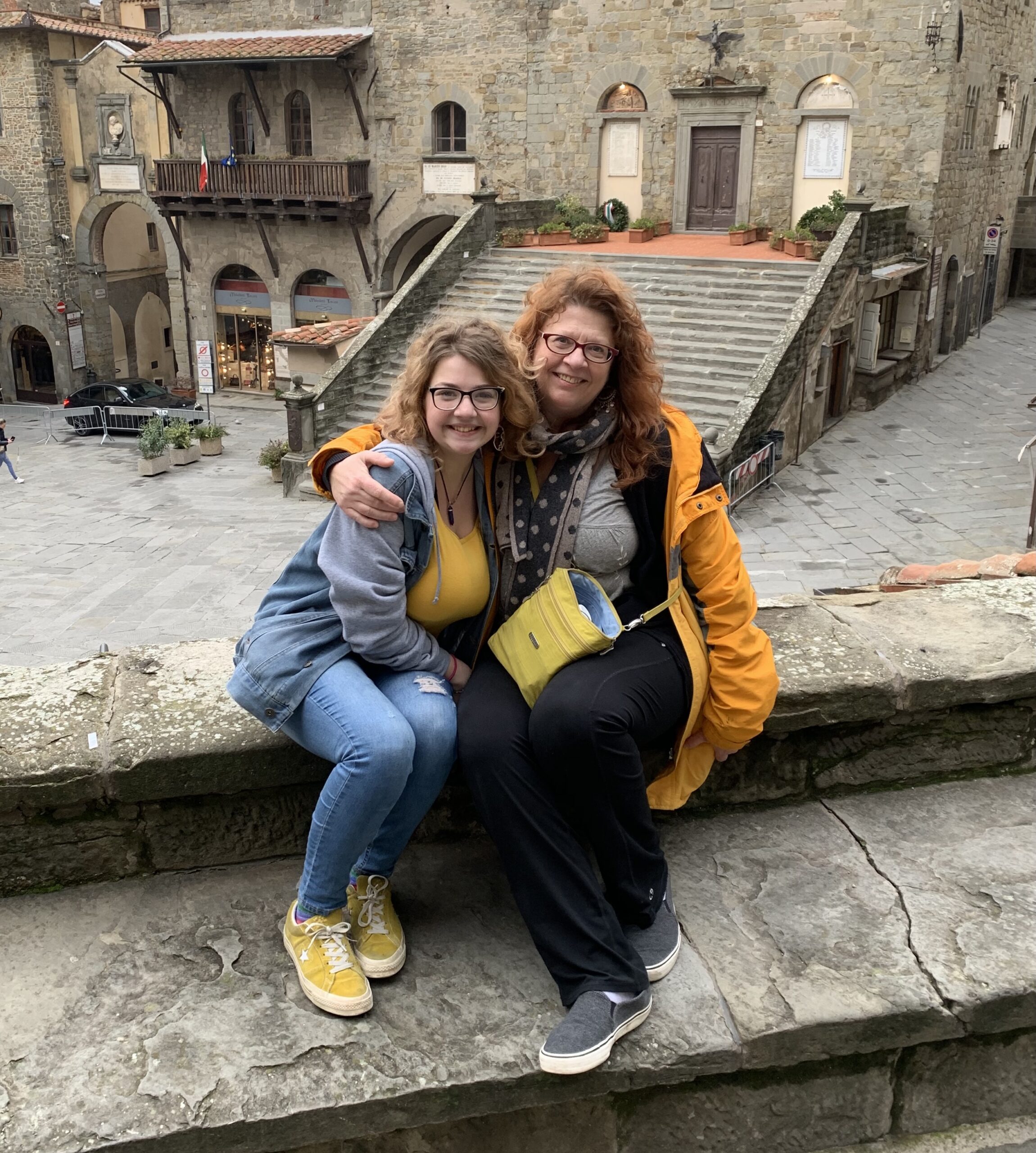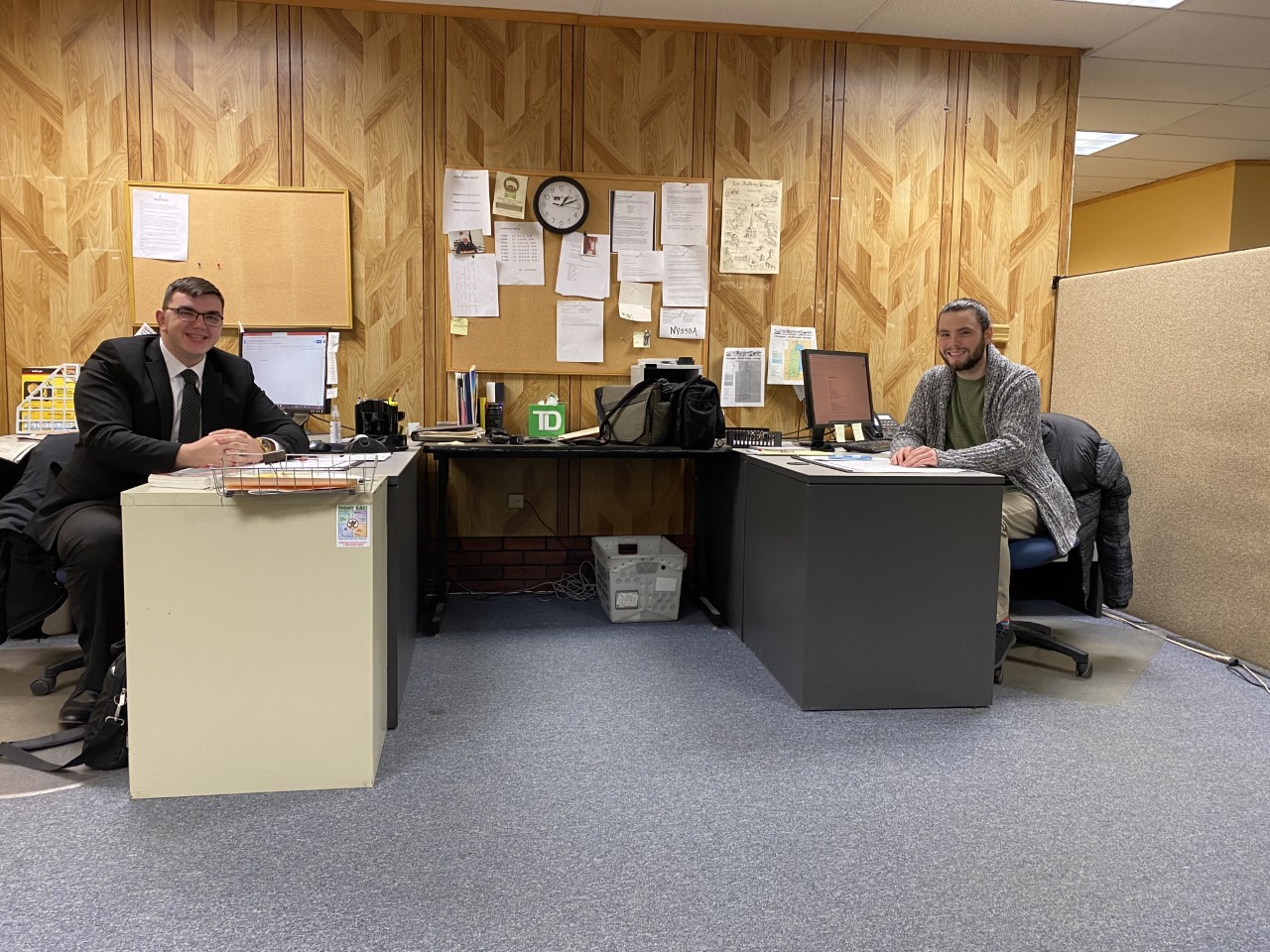FYS fosters social and academic adjustment
Every year, hordes of students dot the Old Chapel’s lawn, playing name games and chatting the weekend before the fall semester starts. This is the social part of the introduction to Castleton State College for the first year students provided by the Student Orientation Staff, who continue to work with the same group of students throughout their first semester.
The First Year Seminar is designed to help students acclimate academically and socially to the campus.
“It combines content and how to,” said Renny Harrigan, associate academic dean, adding that she preferred this method to others at other colleges.
The FYS adds a common hour to another required class to focus on studying, writing, and time-management skills as well as help students acclimate to the campus and social setting.
“I really liked FYS,” junior Meaghan Thompson said, explaining that it was a good way to “meet other people on campus, especially for someone like me who is shy.”
Others disagree about the benefit of the FYS.
“I’ve lived in Castleton since I was three,” Becky Blodgett said. “I was already very well acquainted with the campus.”
Bill Frey, a psychology professor and newcomer to teaching FYS, became interested in the program from listening to peers.
“Two other professors said it was a very gratifying experience, aiding first year students,” Frey said, explaining what his goals for his FYS. “For the most part, getting to know the students and watching them grow.”
Another reason Frey said he agreed to teach a seminar is to begin learning the ins and outs of advising from the start.
“I want students to feel safe and secure with decisions they will make with courses,” he said.
When this is lacking, he feels that students don’t have an optimal experience. This happened to psychology major Armand Gesterberger.
“I wish I had more awareness about what classes to get done and out of the way,” Gesterberger said.
Victoria Angis, dean of student activities, helps to pick the SOS leaders who will work with the FYS during registration, orientation, and common hour.
“[SOS] students are there to give good academic advice, help adjust socially, answer questions, help students get used to CSC community, and find their voice,” Angis said.
Senior Laura Daubenspeck enjoyed being an SOS leader for the Fall 07 semester.
“I wish I had started a year or two before,” she said. “I liked it. It was fun.”
Daubenspeck still sees some of the students she worked with around campus and frequently greets them.
“The part I liked most is post-program, when I still see the kids around and they tell you about stuff,” Daubenspeck said. “It was fun during the FYS, but also stressful to get them all to know each other.”
Junior Katie Miller did not like her SOS leader, but enjoyed her classmates.
“People say ‘hi’ when they pass by, but a lot of kids dropped out,” Miller said, adding that she didn’t make any lasting friendships in the class.
In an attempt to get the students acquainted with one another, the SOS leaders rely on name games, which Daubenspeck admits can be a bit embarrassing.
She recounts one name game with the nine students in her FYS where she forgot four of their names.
“As the leader, you’re expected to know the names,” she said about her embarrassment.
Between the cheesy name games, FYS classes frequently take the fourth hour in their schedule to do fun things.
Frey is excited with his plans for next year.
“It’ll be nice to have a legitimate excuse to have fun experiences with students,” he said. “I’m hoping we can do a little music.”
The activities of Meaghan Thompson’s FYS included apple picking and visiting an art museum.
“Most times it was a lot of fun,” she said.
The most negative responses revolve around the book and essay assigned at registration weekend and to be turned in at orientation, according to Harrigan. However, she does not want this part discontinued because it introduces the students to the academic responsibilities expected at Castleton.
“Orientation is a lot of fun and games introducing students to a new social community,” she said, “but the only reason they are coming here is for an academic degree.




